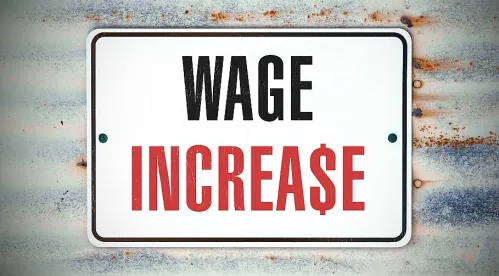Be it New York City, Chicago, Los Angeles or other municipalities, it is fairly common for large cities to have higher minimum wages than the states in which they are located. These cities have a more expensive standard of living than smaller municipalities in their states. They also likely are more politically liberal than less urban areas in their states and are more likely to favor pro-employee policies. But in Ohio, state legislators are considering a bill that would prevent Ohio cities from raising their minimum wages above the statewide rate.
Ohio’s minimum wage will be $8.15 per hour in 2017. Cleveland, in contrast, is gearing for a vote in spring 2017 regarding whether to raise its minimum wage to $15 per hour, a significant increase over the statewide rate. Many employers, especially small businesses, would struggle to nearly double the wages of their lowest-paid workers and would welcome a law restricting cities from passing their own minimum wage rate. Conversely, employee advocates argue that supporting a family on a living wage of $8.15 per hour in a large city is virtually impossible.
The Ohio House of Representatives has already passed the bill. Ohio employers, especially those in Ohio’s larger cities, should keep their eyes on the Senate and on Ohio Gov. John Kasich to see whether the bill eventually becomes law.




 />i
/>i
